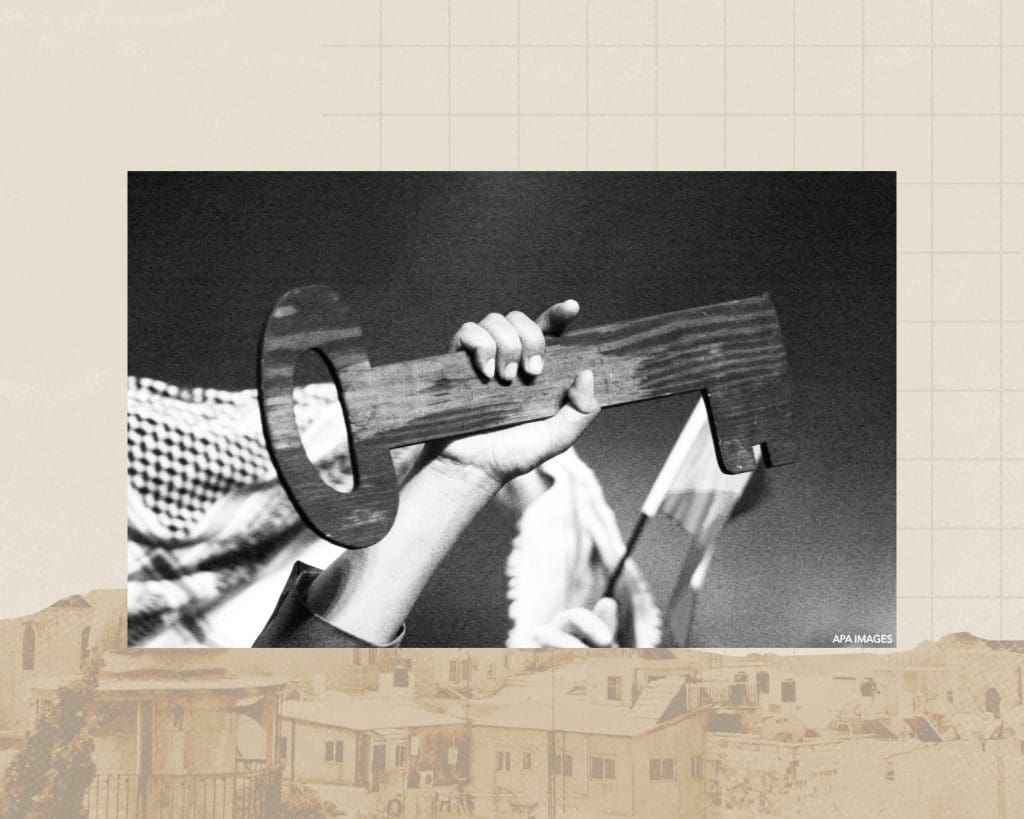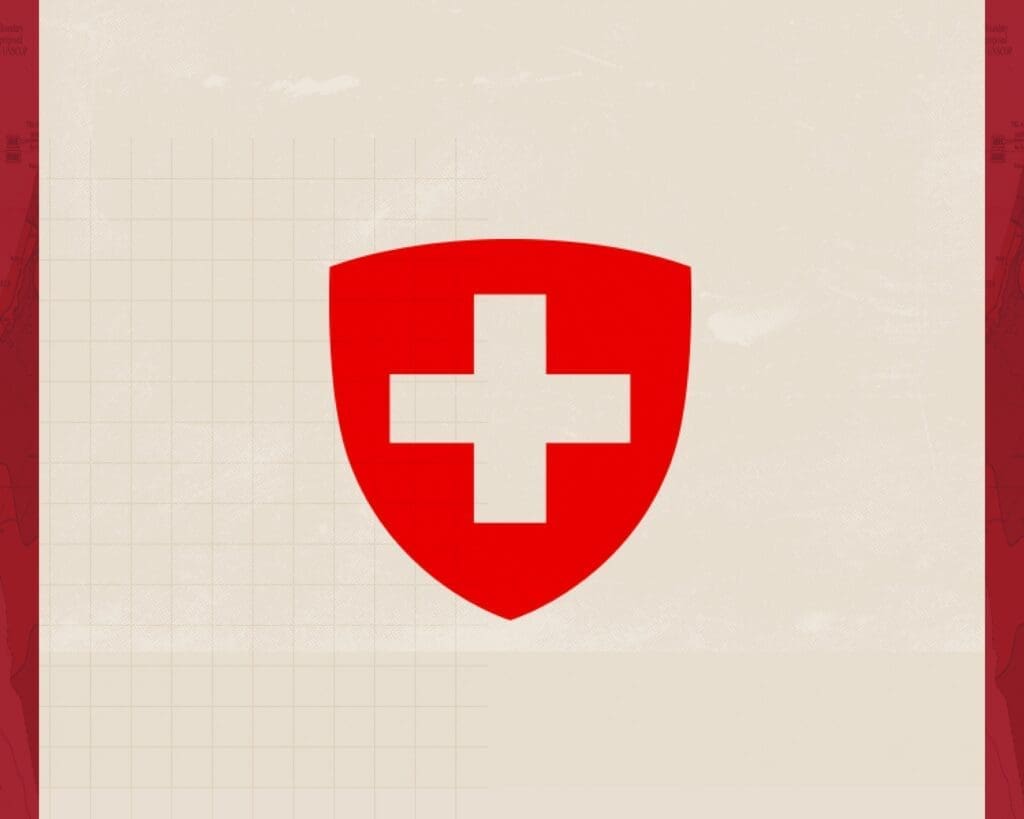
Announcing a New Al-Shabaka Study
Reviving a Palestinian Power:
The Diaspora and the Diplomatic Corps
Al-Shabaka today launches a ground-breaking study on the Palestine Liberation Organization’s diplomatic corps. The corps is the main point of contact available to the Palestinian refugees and exiles who were conspicuously absent from the hubbub about elections in the occupied Palestinian territory. Yet these “missing Palestinians” – who account for nearly half the Palestinian people – may be the key to reviving Palestinian national aspirations if the right lessons are learned.
To tackle this issue a four-woman study team – Zaha Hassan, Nadia Hijab, Inès Abdel Razek, and Mona Younis – review the corps’ legal foundations and its functions. They delve into the relationship between the PLO and the Palestinian National Authority (PNA) and the impact this has had on the diplomatic corps.
They also examine the corps in action at three key points for Palestinian foreign policy engagement over the past decade as well as its engagement with the Palestinian communities it is meant to represent. And they address the growing alienation of the diaspora as well as Palestine solidarity groups.
“One of our goals is to fill a knowledge gap suffered by many youth in the homeland and in exile,” said Zaha Hassan. “They have little awareness of the role the diplomatic corps played in preserving Palestinian national identity and in shifting the world’s view of the Palestinian cause from a humanitarian concern to a legitimate struggle for national liberation.”
“Indeed, to this day” added Nadia Hijab, “many Palestinian diplomats work to sustain the international consensus around Palestinian rights and the legal underpinnings to hold Israel accountable.”
However, many Palestinians believe that “the PLO and PNA have progressively disenfranchised Palestinians,” said Inès Abdel Razek. “This alienation also encompasses the PLO missions abroad as does the frustration regarding the leadership’s failure to defend Palestinian national aspirations more effectively.”
How could Palestinian diaspora communities help to reinvigorate the representative character of the PLO and enable it to develop an effective national strategy for liberation? The study team argues that the Palestinian diplomatic missions across the world could serve as the entry point to such a revival.
The study’s conclusions are the basis for clear, evidence-based recommendations to the PLO as well as to the diaspora.
For interviews with the authors please email [email protected].
Al-Shabaka: The Palestinian Policy Network, is an independent, non-profit organization whose mission is to educate and foster public debate on Palestinian human rights and self-determination within the framework of international law.
Acclaim for Reviving a Palestinian Power
For full text of endorsements, click here.
“I strongly recommend this new study to any person or organization that wonders what we can do to revive and reinvigorate the Palestinian presence on the global diplomatic stage. The PLO’s many political successes in the past half-century always benefited from sustained mobilization of international support, thanks to the critical impact of Palestine’s diplomacy and diaspora. This report indicates how these essential political and national dynamics can be revitalized by the actions of Palestinians themselves.”
– Rami G. Khouri, American University of Beirut Director of Global Engagement; Senior Fellow, Harvard Kennedy School
“This Report is the first of its kind for its close examination of Palestinian officialdom’s processes, and governmental oversight. Based on dozens of primary interviews, Palestinian legislation and historical documents, Reviving a Palestinian Power: The Diaspora and the Diplomatic Corps fills [an] analytical gap with precision and clarity. The diplomatic corps, born of tremendous sacrifice and fortitude, has become bereft of its historical weight as a political address for the Palestinian diaspora and an engine for their collective advancement. This report convincingly insists that it does not have to be this way.”
– Noura Erakat, Legal scholar and human rights attorney
“Al-Shabaka offers us a substantive study conducted by a team of experts and based on research and interviews with carefully-selected stakeholders. The result is a refreshing, lucid text that makes us aware there is no alternative to a more democratic, representative and strategy-oriented PLO, in the face of the dangers and challenges surrounding the Palestinian cause.”
– Camille Mansour, Secretary-general of the Institute for Palestine Studies Board of Trustees
“An essential read for anyone looking to understand the Palestinian body politic and the multitude of challenges facing the PLO since its founding in 1964. This study offers a rare lens into the complex relationship, or lack thereof, between the PLO and a diverse Palestinian diaspora, and why fixing this is critical to break the current paralysis.”
– Joyce Karam, Senior correspondent at The National
“Palestinians’ political futures are intimately tied to the vitality of their national institutions. By exploring how Palestinian diplomacy does and could operate — and how to revive not only its international vitality but also its ties to the diverse and far-flung components of Palestinian society — the report provides a solid analysis and a set of constructive suggestions that should be taken seriously by Palestinians and by those who wish to see a better future for them.”
– Nathan Brown, Professor of Political Science and International Affairs, George Washington University
“The PLO’s 1982 departure from Beirut had shifted the Palestinian movement’s center of gravity from diaspora Palestinians to those in the homeland. Now, if the project of national liberation is to be saved, diaspora Palestinians must again grab the baton, but their relationship with the PLO has long been badly fractured. Al-Shabaka’s timely study of this fracture presents concrete proposals for how to heal it.”
– Helena Cobban, CEO, Just World Books; President and CEO, Just World Educational
Al-Shabaka: The Palestinian Policy Network is an independent, non-partisan, and non-profit organization whose mission is to convene a multidisciplinary, global network of Palestinian analysts to produce critical policy analysis and collectively imagine a new policymaking paradigm for Palestine and Palestinians worldwide.









